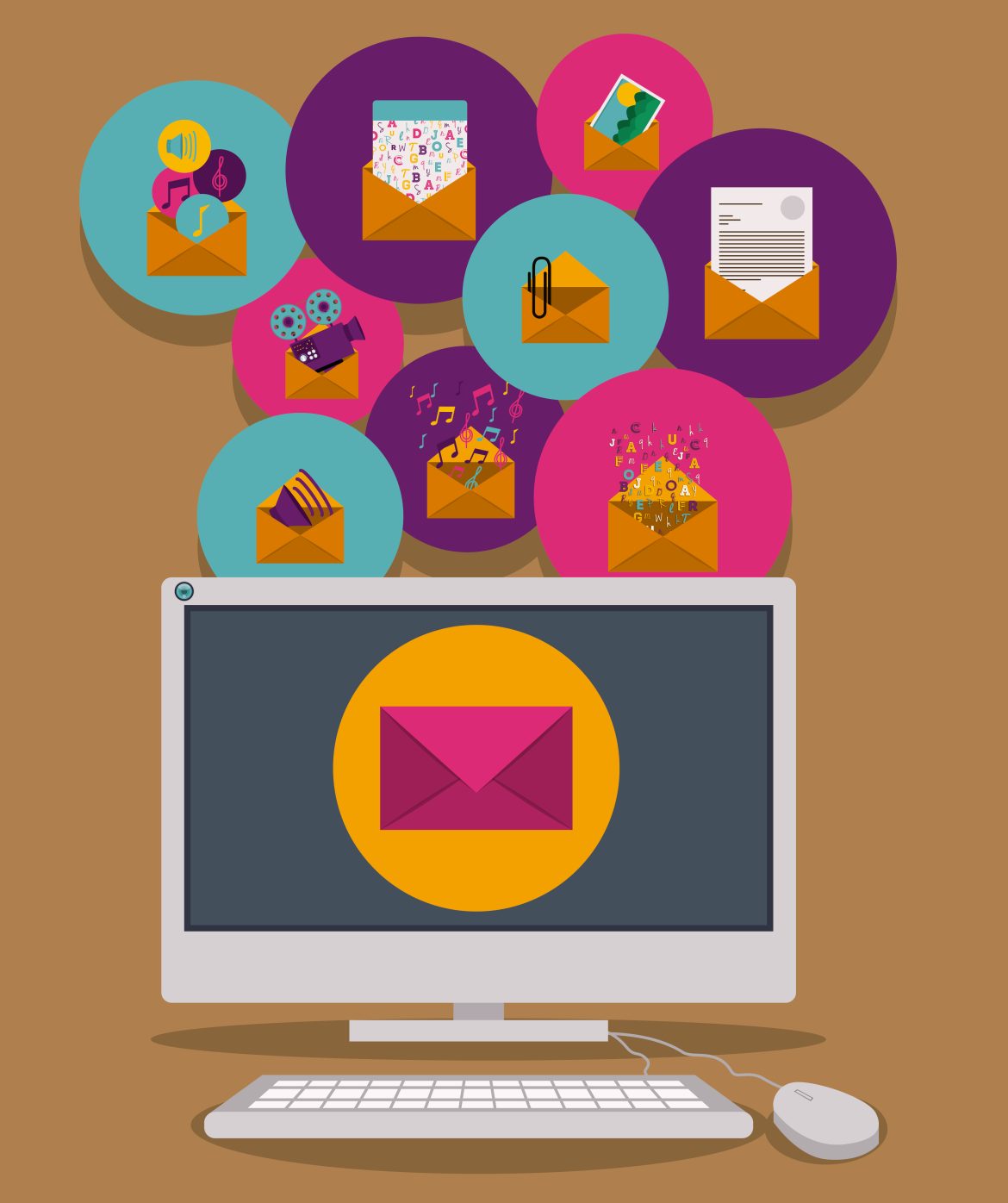Introduction
In today’s digital world, businesses are constantly looking for ways to improve customer experience and build strong relationships with their audience. One of the most effective tools for achieving this is email marketing. When executed strategically, email marketing allows businesses to send timely, relevant, and personalized messages that keep customers engaged and satisfied. From nurturing leads to enhancing brand loyalty, email marketing plays a crucial role in ensuring a seamless customer journey.
The Role of Email Marketing in Enhancing Customer Experience
Personalized Communication for a Better Connection
Customers expect brands to understand their needs and preferences. Email marketing enables businesses to segment their audience and deliver highly personalized messages based on interactions, purchase history, and behavioral patterns. When customers receive tailored content that resonates with their interests, engagement increases, leading to a stronger connection with the brand.
Strengthening Engagement and Customer Retention
Keeping customers engaged requires ongoing and meaningful interactions. Emails that offer valuable content, exclusive discounts, and important updates help maintain customer interest. A well-crafted email strategy fosters brand loyalty by keeping customers informed, making them feel valued, and ensuring they remain connected to your business over time.
Leveraging Automation for Timely Communication
Automation is a game-changer in email marketing. Automated emails such as welcome messages, order confirmations, and abandoned cart reminders enhance customer experience by providing timely responses and reducing the need for manual follow-ups. These automated interactions help customers feel supported and reassured throughout their journey with the brand.
Creating a Seamless Customer Journey
A smooth transition from awareness to purchase and beyond is crucial for customer satisfaction. Email marketing serves as a bridge between different touchpoints, ensuring that potential and existing customers receive the right information at the right time. Whether it’s nurturing leads, onboarding new customers, or providing post-purchase support, email communication simplifies the entire process.
Gathering Feedback for Continuous Improvement
Customer feedback is essential for growth. Emails serve as a direct channel to collect opinions through surveys, reviews, and feedback forms. By analyzing customer responses, businesses can refine their products, improve customer service, and enhance overall user experience, leading to increased satisfaction and loyalty.
Building Trust and Credibility
Trust is the foundation of any successful customer relationship. Consistently delivering valuable content, insightful product recommendations, and industry updates positions a brand as a credible source. When customers view your emails as helpful rather than overly promotional, they are more likely to trust and engage with your business.
Providing Exceptional Customer Support
Customers appreciate fast and efficient support. Email marketing allows businesses to address inquiries, resolve issues, and provide assistance directly through a reliable communication channel. Prompt responses to customer concerns not only increase satisfaction but also demonstrate a brand’s commitment to excellent service.
Effective Strategies for Email Marketing Success
Segment Your Audience for Higher Relevance
Not all customers are the same. Segmenting your audience based on demographics, past interactions, and preferences ensures that each email is relevant and engaging. A targeted approach improves open rates, click-through rates, and overall campaign effectiveness.
Craft Engaging and Personalized Content
Generic emails often go unnoticed. Using customer data to create personalized content, such as addressing recipients by name and suggesting products based on their previous purchases, enhances engagement. High-quality, tailored content leads to better conversions and stronger customer relationships.
Optimize Email Design for Mobile Users
With most emails being opened on mobile devices, ensuring that your emails are mobile-friendly is critical. A well-designed email should be easy to read, visually appealing, and properly formatted for different screen sizes to enhance user experience and interaction.
Utilize Automation for Consistent Engagement
Consistency is key in email marketing. Drip campaigns, automated follow-ups, and re-engagement sequences help maintain continuous customer interaction. Automated workflows, such as welcome emails and abandoned cart reminders, keep customers engaged without requiring constant manual effort.
Include Clear and Compelling Calls-to-Action (CTAs)
Every email should have a purpose. A clear and persuasive CTA guides recipients toward the desired action, whether it’s making a purchase, signing up for an event, or leaving a review. Well-placed CTAs increase conversion rates and drive business growth.
Monitor Performance and Conduct A/B Testing
Data-driven decisions lead to better results. Testing different subject lines, email layouts, and content variations helps identify what resonates best with your audience. Regularly analyzing metrics such as open rates, click-through rates, and conversions ensures continuous improvement in email performance.
Ensure Compliance with Data Privacy Regulations
Trust is earned through transparency. Following regulations such as GDPR and CAN-SPAM protects customer data and maintains ethical marketing practices. Always provide easy opt-out options and respect customer privacy to build long-term trust.
Send Emails at the Right Time
Timing plays a significant role in email success. Analyzing customer behavior helps determine the best times to send emails for maximum engagement. Well-timed emails result in higher open rates and better overall effectiveness.
Focus on Providing Value in Every Email
Customers appreciate informative and useful content. Instead of sending overly promotional emails, offer industry insights, educational content, and practical tips. Adding value through your emails strengthens customer relationships and keeps subscribers engaged.
Encourage Feedback and Customer Interaction
Two-way communication enhances customer satisfaction. Encouraging customers to share their thoughts through surveys and feedback forms fosters engagement and helps businesses improve. Responding to feedback builds trust and strengthens the brand-customer relationship.
Conclusion
Email marketing is more than just a promotional tool—it is a powerful strategy for enhancing customer experience, increasing engagement, and building lasting relationships. By leveraging personalization, automation, and data-driven insights, businesses can create meaningful interactions that foster trust and loyalty. A well-executed email marketing strategy not only improves customer retention but also drives brand growth and customer satisfaction. By focusing on delivering relevant content, timely communication, and continuous improvement, businesses can maximize the impact of email marketing and provide an exceptional customer experience.
[/vc_column_text][/vc_column][/vc_row]

